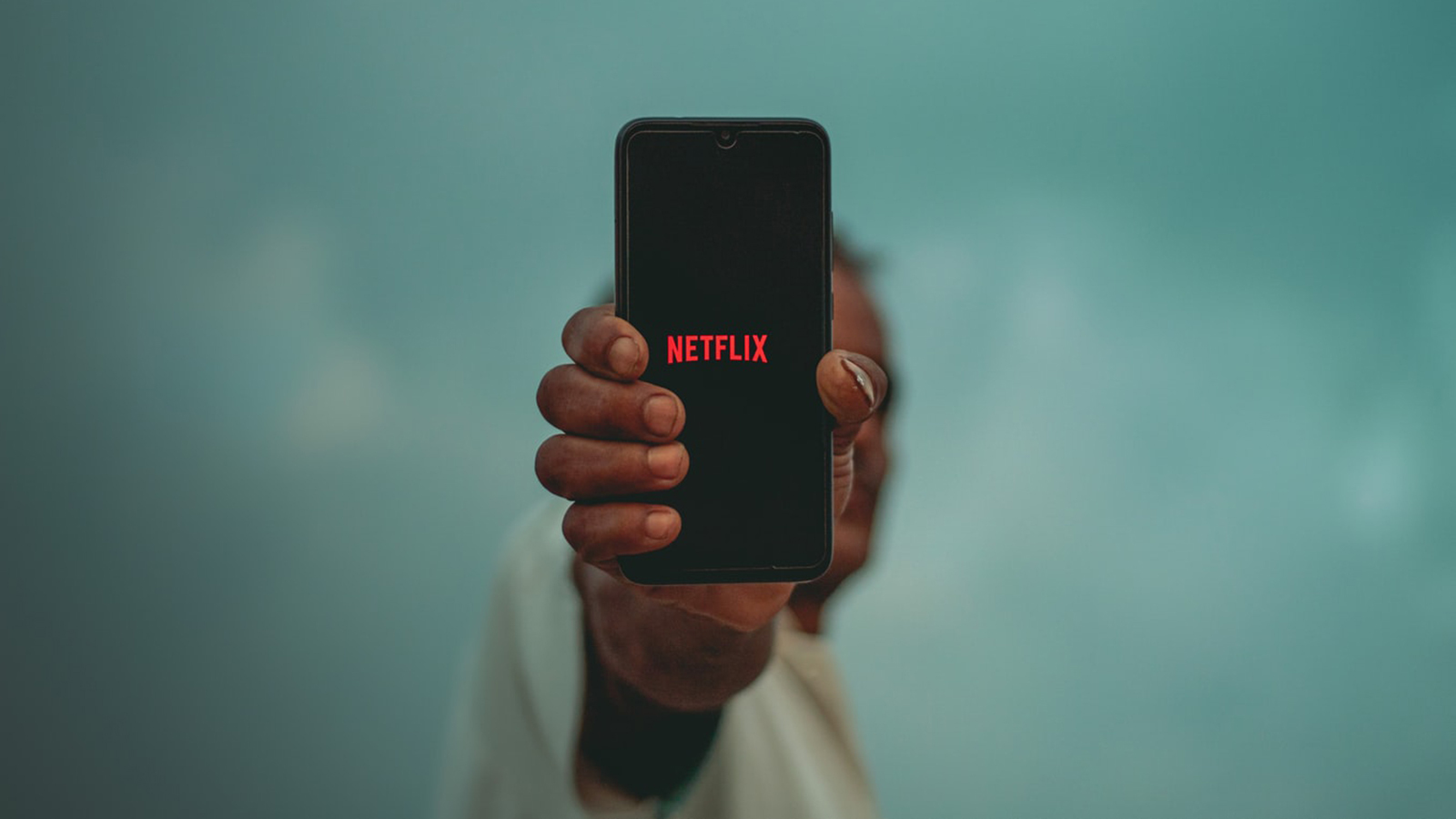OAKLAND, Calif. (Legal Newsline) – Lawyers attempting to hold Netflix liable for a spike in teen suicides are appealing a federal judge’s decision to toss their case.
Plaintiffs for siblings hoping to represent the Estate of Bella Herndon filed their appeal to the U.S. Court of Appeals for the Ninth Circuit on Feb. 16. They hope the Ninth Circuit reverses Oakland, Calif., judge Yvonne Gonzalez Rogers’ decision that the case did not belong in state court and that it should be dismissed.
She made that ruling on Jan. 12. The company used an anti-SLAPP defense, which allows defendants to cut off cases at an early stage if their conduct is protected by free speech (SLAPP stands for Strategic Lawsuit Against Public Participation).
Rogers told lawyers at the Digital Justice Foundation and Hamilton Law of Las Vegas to determine if amending their complaint was a possibility. They did not, choosing to appeal instead.
“Plaintiffs’ efforts to oppose the anti-SLAPP motion on the grounds that the complaint does not concern the content or dissemination of the show do not persuade and are inconsistent with the allegations,” Rogers wrote.
She also ruled the plaintiffs lacked standing to bring wrongful death claims on behalf of their sibling and that the negligence and strict liability claims being made were barred by the statute of limitations.
Netflix released 13 Reasons Why in March 2017 as a series adaptation of Jay Asher’s novel. The show involves a high school student who leaves behind 13 cassette tapes that reveal the 13 reasons why Hannah Baker killed herself.
The lawsuit says B.H. watched the show before her suicide on April 28, 2017. It blames Netflix for prioritizing a market dominance of young viewers over their mental well-being.
The complaint says the National Institute of Mental Health associated a 29% increase in child-suicide rate in April 2017 with 13 Reasons Why – “a child-suicide spike that could have been avoided had Netflix taken basic moral responsibilities to warn and to not target its most vulnerable viewers,” the complaint says.
Netflix is represented by Blanca Young of Munger, Tolles & Olson.
“Plaintiffs’ allegation that Netflix was warned there was a ‘potential for suicide-contagion effects upon impressionable viewers’ does not establish the requisite ‘high degree of foreseeability’ to give rise to a legal duty,” the motion to dismiss said.
“Suicide is a ‘too idiosyncratic’ reaction to a television series for Netflix – or, for that matter, any other distributor of suicide-related content – to have reasonably anticipated.”
